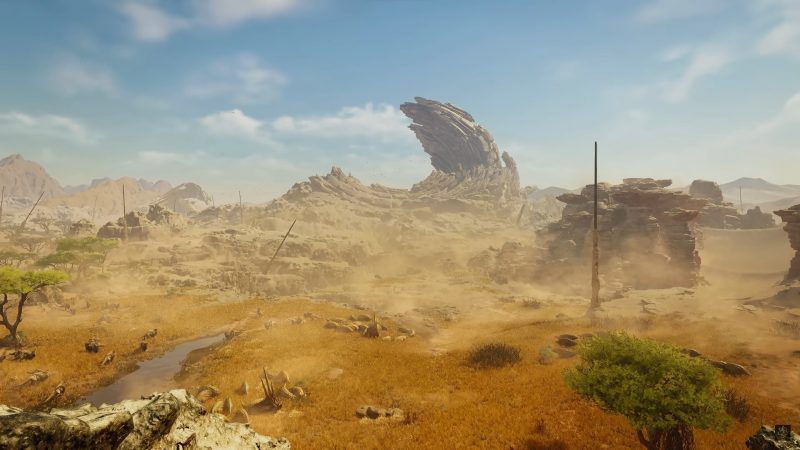It looks like Capcom wasn't joking when it compared modding to cheating last year. The Japanese gaming giant, known for best-selling franchises such as Resident Evil and Monster Hunter, has reportedly begun implementing measures that significantly limit modding capabilities in its games.
Users first noticed indications of this controversial approach in its catalog of older titles like Resident Evil Revelations. Updates to these older titles included the addition of The Enigma Protector, a form of anti-tamper DRM. This software, as detailed on The Enigma Protector's website, is designed to shield executable files from hacking, analysis, modification, and disassembly.
The introduction of this DRM has led to various performance issues. Players have reported crashes, reduced framerates, and other problems, leading Capcom to temporarily withdraw said patch for Resident Evil Revelations to address these issues. The decision to apply new DRM to older video games have puzzled gamers. Cracked versions of these older titles have likely existed for years, meaning the new DRM impacts legitimate customers more than potential pirates.
The situation is made worse by Capcom's approach to modding, as exemplified by the Monster Hunter speedrunning videos takedown on YouTube channel Team Darkside. The controversy began with an incident involving a Street Fighter 6 tournament, where the broadcast inadvertently featured a modded 3D model of a naked Chun-Li. This event appears to have prompted Capcom to reassess its tolerance for mods, especially considering the potential for embarrassing or inappropriate content to slip through in official or high-profile contexts.

